When American forces were sent to the Middle East in 1991 to fight the Persian Gulf War, some unit commanders suggested that Jewish soldiers could change their dog tags to eliminate their religious identification.
When approached by the Anti-Defamation League (ADL), then-Secretary of Defense Dick Cheney made it clear that such suggestions were not official policy and that any such policy would be “unacceptable.”
The story, according to ADL national chairman Abraham Foxman, shows that George W. Bush’s choice for his Republican running mate is “sensitive to Jewish concerns.”
On matters of foreign policy and experience, many Jewish officials share the assessment of Foxman, whose group honored Cheney with its Distinguished Statesman Award in 1993.
But on domestic issues, Cheney’s record could prove troublesome for some Jews. Critics cite his staunch opposition to abortion rights, gun-control measures and gay service in the military.
Whether Cheney will prove to be an asset or a liability in the Republican quest for Jewish votes is not clear. Cheney, 59, is a known quantity to American Jews, having served as defense secretary from 1989 to 1993 under President Bush, chief of staff under President Ford and in Congress for 10 years.
His voting record and his actions in the Cabinet show him to be a strong conservative who consistently supported Israel.
As head of the Pentagon under Bush, he helped direct the operations of the Persian Gulf War, one of America’s largest military campaigns, and sent U.S. Patriot missiles to defend Israel from Scud attacks Iraq.
There was debate at the time over the U.S. insistence that Israel not retaliate and let the U.S.-led international operation defeat Iraq, but there was general agreement that the U.S. effort in the Persian Gulf responded to Israel’s needs.
After the war, Israel enjoyed a new level of military and strategic closeness with the United States – for which Cheney gets high marks, said Marshall Breger, a professor at Catholic University’s law school, who was a former special assistant to President Reagan and held senior positions in the Bush administration.Based on his experience, Cheney may attempt to reach out to Jewish voters. Breger recalls that as a congressman during the early 1980s, Cheney attended lunches hosted for Republican Jewish leaders by the House leadership.
Cheney was very interested in outreach and engaging the Jewish community, Breger said.
Though Cheney was critical of specific Israeli policies – such as the invasion of Lebanon in 1982 and the Jonathan Pollard spy case – he appears to have earned the respect of many Jewish leaders.
“He was not automatically supportive of every action that Israel took,” said Jess Hordes, the director of the ADL’s government and national affairs office in Washington. “But his overall record as a congressman and as secretary of defense is generally viewed as positive.”
Malcolm Hoenlein, executive vice chairman of the Conference of Presidents of Major American Jewish Organizations, called Cheney “very friendly” to the Jewish community.
Cheney is “excellent” on issues of U.S.-Israeli security cooperation, according to Shoshana Bryen, director of special projects for the Jewish Institute for National Security Affairs (JINSA).
At a 1991 JINSA event, Cheney, who serves on the group’s advisory board, thanked Israel for destroying an Iraqi nuclear reactor in 1981, an act that the United States had denounced at the time.
In a statement, Howard Kohr, executive director of the American Israel Public Affairs Committee’s (AIPAC), said Cheney was a “committed internationalist” who generally supported foreign aid to Israel.Cheney also played a “leadership role” in securing support for the joint American-Israeli Arrow missile defense system, according to AIPAC, the pro-Israel lobby.
But AIPAC also noted that throughout his tenure, Cheney supported U.S. arms sales to Arab states, including the 1981 sale of AWACS planes to Saudi Arabia, a sale the Jewish community had actively opposed.












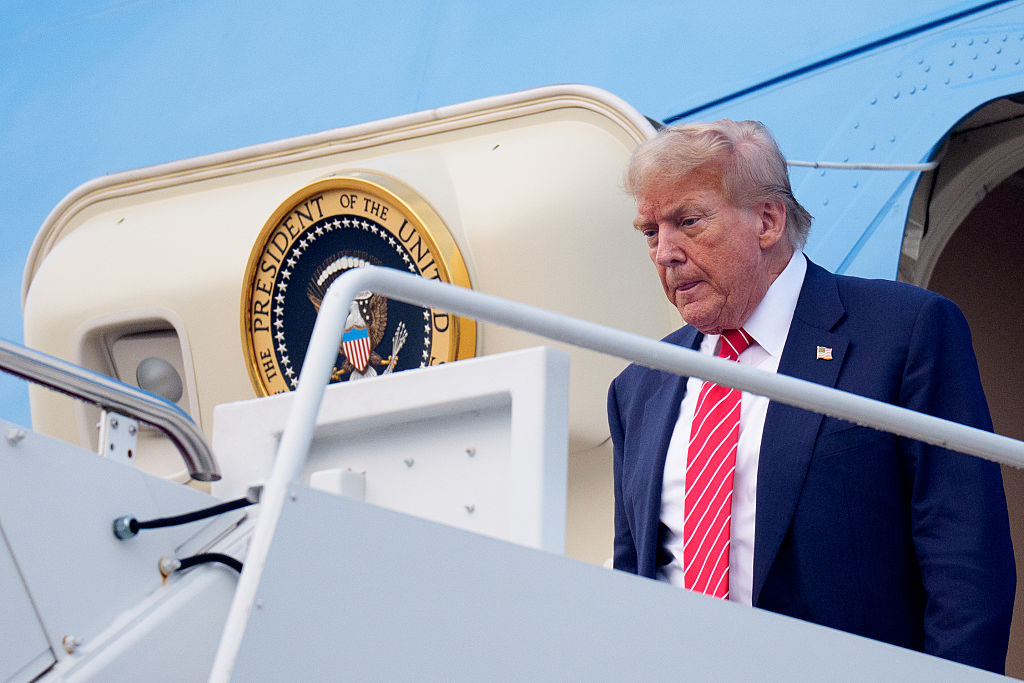



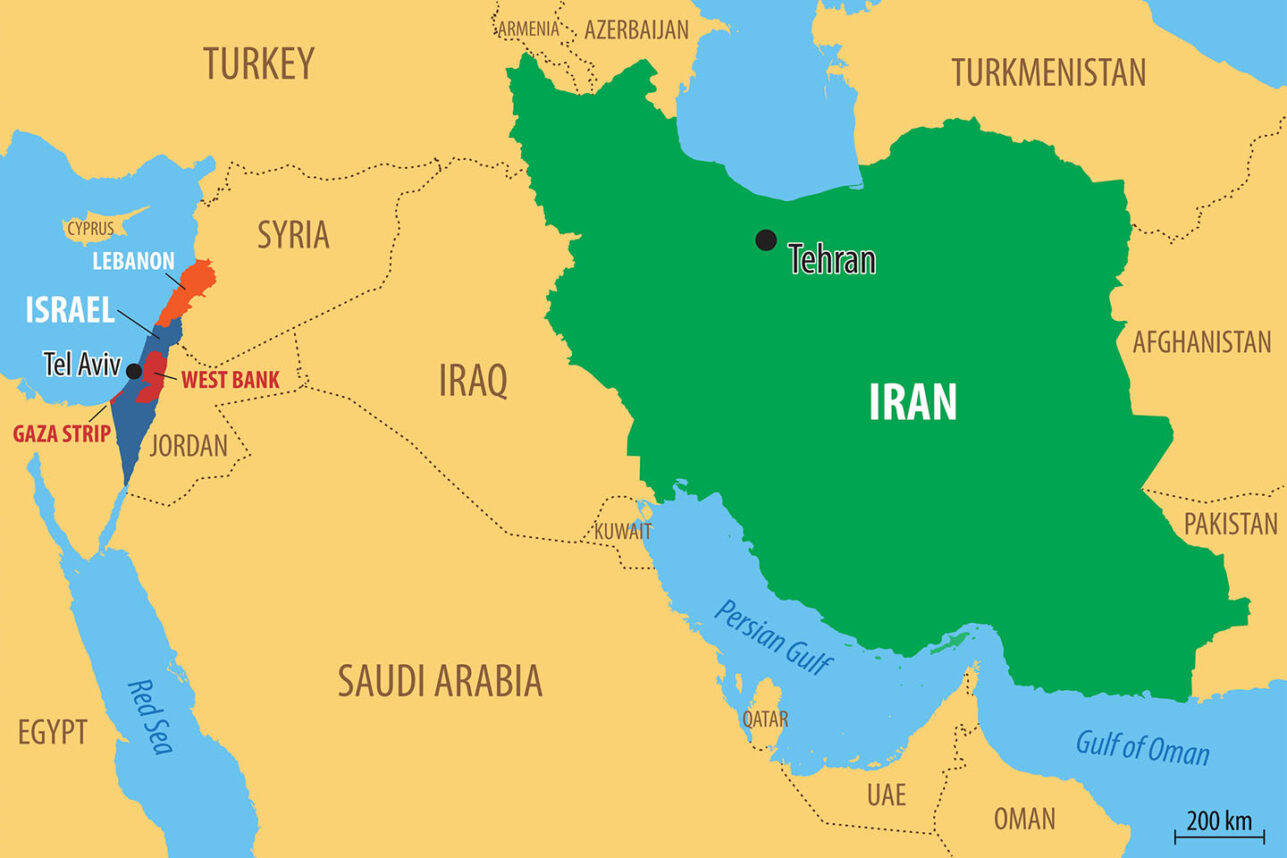

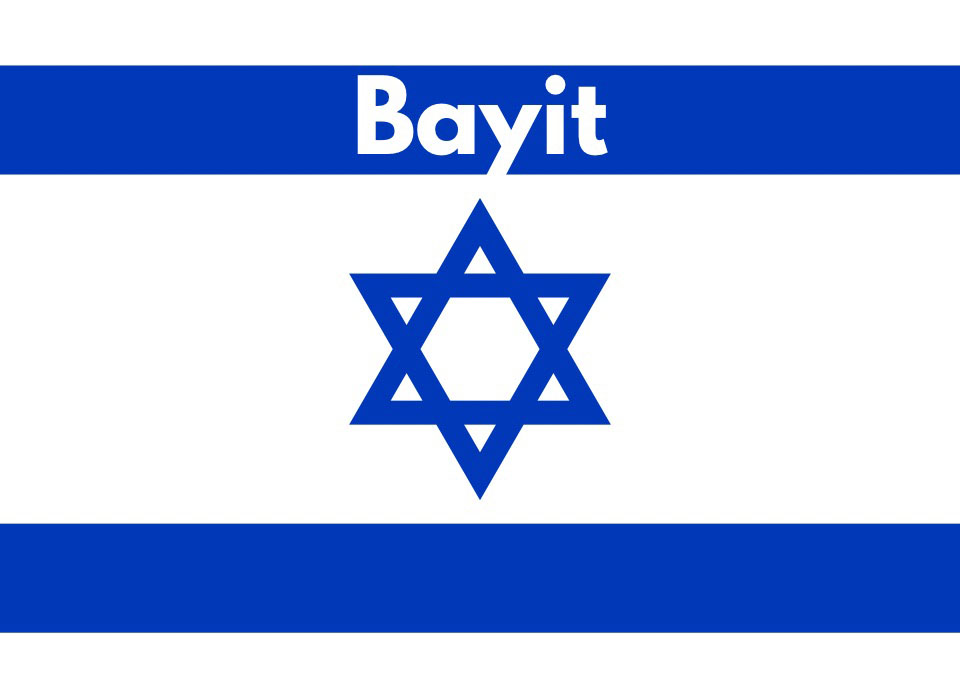




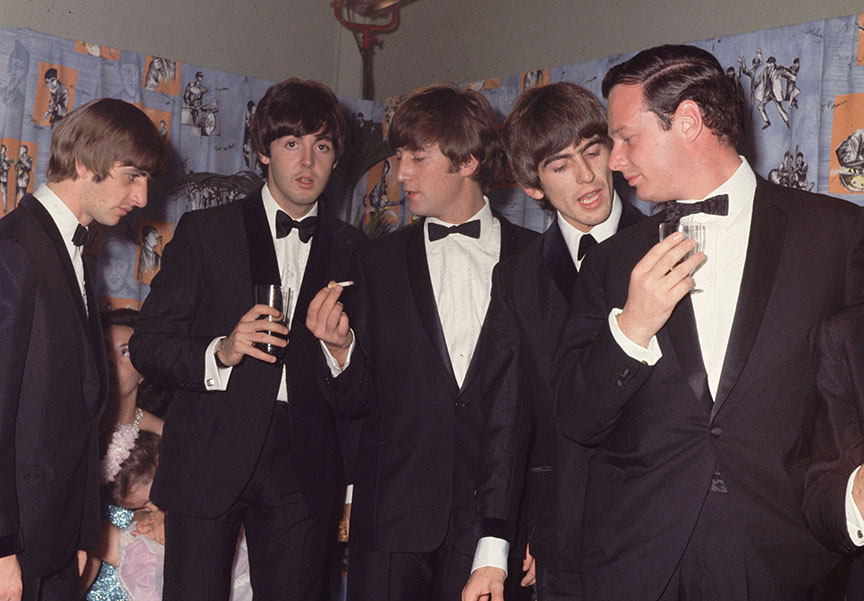





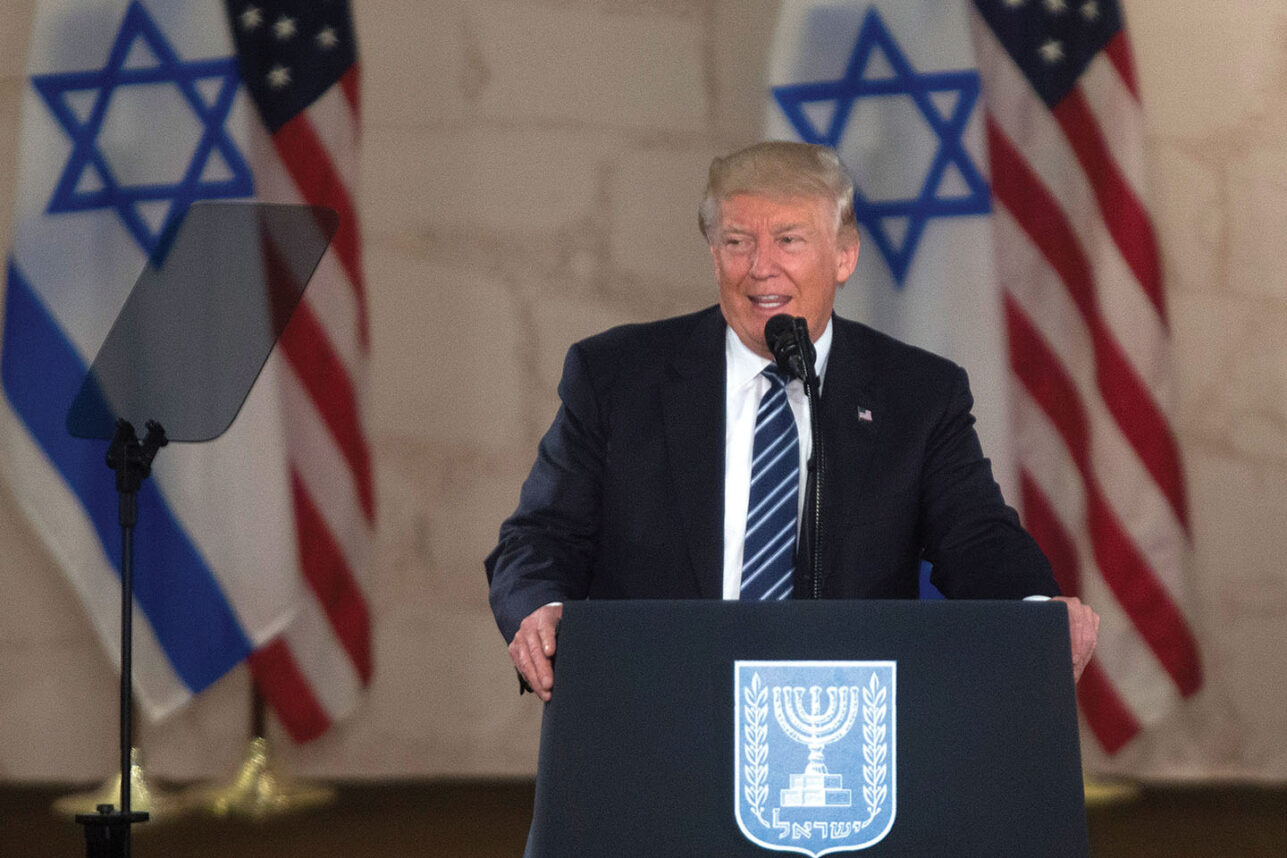



 More news and opinions than at a Shabbat dinner, right in your inbox.
More news and opinions than at a Shabbat dinner, right in your inbox.